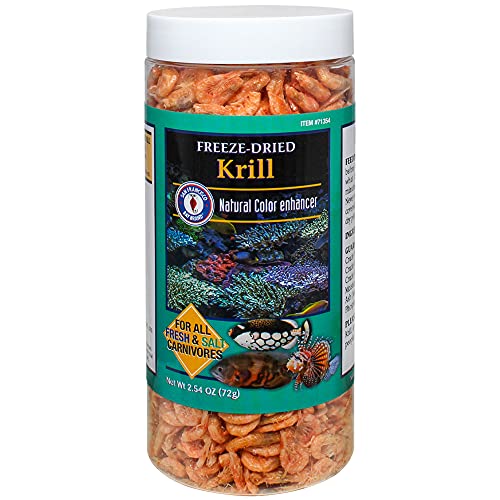Ichthys
Well-known member
More has been written on MI than perhaps any other facet of marine fish-keeping and without a doubt one of the big contributors to my own education has been reading the materials of Lee Birch. His articles and threads on several reef keeping forums are probably quoted more than any other single individual in the hobby. Unfortunately it does not appear he is still active on RF but he has left behind much valuable information.
I would like to put forth a subject for discussion, one that was originally cited by Lee as item 14 and has pretty much been adopted by the hobby community as fact.
14. INTERESTING FIND: If no new MI is introduce into an infected aquarium, the MI already there continues to cycle through multiple generations until about 10 to 11 months when the MI has �worn itself out� and becomes less infective. A tank can be free of an MI infestation if it is never exposed to new MI parasites for over 11 months.
Herefishyfishy asked about this in a 2007 thread and many of my questions are the same as his, I am curious if there has been any evidence supporting or contrary to since this was first reported. The science this comment was garnered from took place in 1994, almost 20 years ago and one would think that in the interim some supporting or contrary scientific study might have been undertaken, yet I am unable to find anything concrete which cites actual scientific methodology.
Here is the quote from the original article which started this line of thinking which most of us all now just accept as fact.
Burgess and Matthews (1994) were attempting to maintain a viable population of C. irritans which could be used in later studies. To maintain the parasite populations, they needed host fish in order for the trophonts to feed and continue the life cycle. Each host fish was only used once in a process of serial transition such that none of the hosts would die or develop an immunity. While the procedure worked very well and enabled them to maintain populations for some time, the viability of the populations decreased with time and none of the 7 isolates they used survived more than 34 cycles, around 10 to 11 months. They suggest this is due to senescence and aging in cell lines is well recognised in Ciliophora.
I have read contrary opinions over time (unsupported) that there is no scientific basis that parasites do not "wear themselves out" and that the above finding has no factual basis.
I just wanted to open a friendly discussion of this topic and solicit any new science supporting or against #14. I would also like to say, I have the utmost respect for the body of literature contributed to the hobby by Lee.
Thanks
Ichthys
I would like to put forth a subject for discussion, one that was originally cited by Lee as item 14 and has pretty much been adopted by the hobby community as fact.
14. INTERESTING FIND: If no new MI is introduce into an infected aquarium, the MI already there continues to cycle through multiple generations until about 10 to 11 months when the MI has �worn itself out� and becomes less infective. A tank can be free of an MI infestation if it is never exposed to new MI parasites for over 11 months.
Herefishyfishy asked about this in a 2007 thread and many of my questions are the same as his, I am curious if there has been any evidence supporting or contrary to since this was first reported. The science this comment was garnered from took place in 1994, almost 20 years ago and one would think that in the interim some supporting or contrary scientific study might have been undertaken, yet I am unable to find anything concrete which cites actual scientific methodology.
Here is the quote from the original article which started this line of thinking which most of us all now just accept as fact.
Burgess and Matthews (1994) were attempting to maintain a viable population of C. irritans which could be used in later studies. To maintain the parasite populations, they needed host fish in order for the trophonts to feed and continue the life cycle. Each host fish was only used once in a process of serial transition such that none of the hosts would die or develop an immunity. While the procedure worked very well and enabled them to maintain populations for some time, the viability of the populations decreased with time and none of the 7 isolates they used survived more than 34 cycles, around 10 to 11 months. They suggest this is due to senescence and aging in cell lines is well recognised in Ciliophora.
I have read contrary opinions over time (unsupported) that there is no scientific basis that parasites do not "wear themselves out" and that the above finding has no factual basis.
I just wanted to open a friendly discussion of this topic and solicit any new science supporting or against #14. I would also like to say, I have the utmost respect for the body of literature contributed to the hobby by Lee.
Thanks
Ichthys
Last edited:


































































